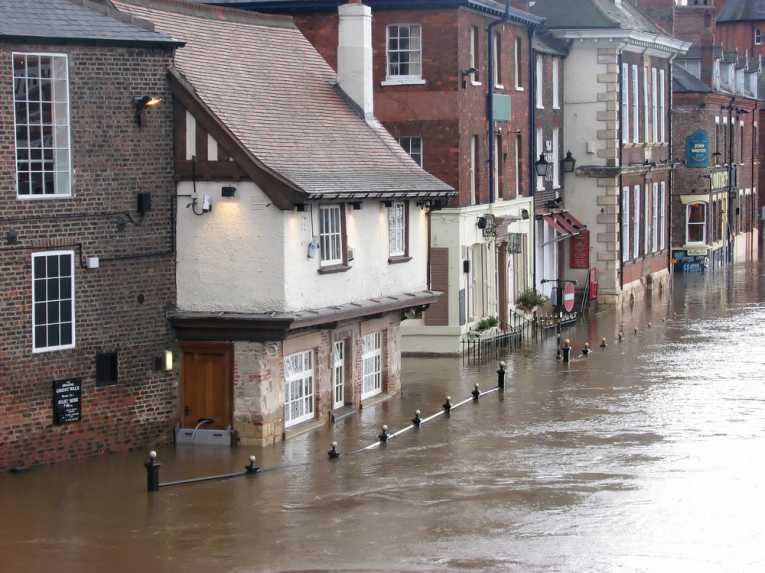There has been much concern across the globe over the dangers of fracking. The process of extraction of shale gas underground can damage the local ecology and risks water pollution, campaigners say.
A new approach to monitor the environmental impact, unveiled in Colorado, could have wider implications for companies who want to continue the practice and expand it globally. The Environmental Protection Agency (EPA) has announced they are setting up a regulatory framework in the state to monitor wastewater discharges caused by natural gas extraction from both underground coalbeds and shale formations.
Some of the chemical used in the extraction can be carcinogenic and campaigners fear there could be worse in store, accusing the oil and gas industry of being opaque in communicating the exact chemicals they use.
The EPA's new rules would monitor the levels of pollutants entering surface waters. Although welcomes by environmentalists, representatives from the oil and gas industry say wastewater discharge is already covered at state level.
In the south of the US, a new report claims growing populations along with marine debris and climate change are responsible for the declining numbers of Florida Keys' ecosystems.
Large reef-building corals, fish, sea turtles and other invertebrates are seeing their numbers decline. Scientists say they are not sure whether they will recover.
The annual report from the Florida Keys National Marine Sanctuary reviewed regulations in place in protecting the fragile ecosystem, as well as providing a basis for a framework to protect it in the future.
The world's largest investors have called on governments and international policy makers to put economic concerns aside and focus on the fight against climate change.
285 investors that represent over $20 trillion in assets delivered a joint statement urging for policy action to stimulate investment from the private sector to tackle climate change, citing its importance on future economic stability.
The statement, coordinated by three leading investor groups, Investor Network on Climate Risk, the European Institutional Investors Group on Climate Change and the Investors Group on Climate Change in Australia and New Zealand, want governments to deliver on their promises to implement green policy, arguing for long term strategies.
Migration across the globe will create millions of "climate refugees" a new report has warned.
The Foresight report into environmental change and migration says that over the next 50 years millions will move into areas at greater risk of environmental hazards like flooding and droughts.
Poorer people, the report says, would be a t a greater risk as they would not have the means to move away. The study was compiled by 300 experts from 30 countries.
Finally, another report and one that is aimed at tackling climate change sceptics.
A group of scientists at the University of California, Berkeley, have revisited methodology and data developed by government groups to assess the validity of global warming claims.
The scientists compiled a billion temperature records dating back from the nineteenth century and used 15 global sources. They found that over the last 50 years the global land temperature has increased by 1 degree.
Sceptics often cite poor quality temperature stations and incorrectly recorded data, for example, to refute claims of global warming. However the group from Berkeley hopes their independent assessment of the data should quell criticism.










